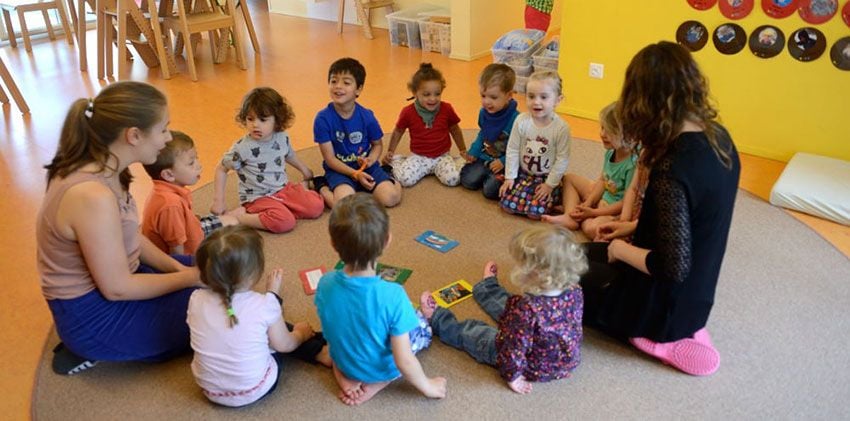Share Content
Article Link Copied
QualiKita Boosts the Quality of Child Care Centers

There is increasing demand for early childhood programs, and specifically for high-quality child care centers. As a result, many centers are seeking to position themselves favorably and to raise their profiles.
This requires implementing a quality development process and showing evidence of high quality. QualiKita offers precisely such a process. In a new feature, QualiKita has introduced an online self-evalution tool, which is available to all daycare centers and enables them to gain initial insight into the quality of their work, and then to take the first steps toward quality development. It’s useful to take a look at this new tool.
The Jacobs Foundation and kiebesuisse, the Swiss child care association, launched the QualiKita quality label in the autumn of 2013. For over five years, this label has allowed child care centers to demonstrate that they have achieved a high standard of quality. In addition, numerous centers have taken advantage of QualiKita’s free resources and the QualiKita standard. The label provides transparent information for parents and promotes higher quality in the industry. The evidence-based QualiKita standard consists of a list of criteria to provide clear guidance for child care centers as they seek to improve, both pedagogically and operationally, while leaving ample room for individuality.
QualiKita certification has a number of advantages
Certification is beneficial in many ways. According to an external evaluation, over 90 percent of certified child care centers would recommend that other centers pursue certification, noting that it has significantly improved their own teamwork, organization and quality. A majority of centers also report that QualiKita’s criteria are helpful in improving child care centers in every relevant respect.
The responsible parties in certified centers identify other benefits as well. They point out that an outsider’s perspective on their work and subsequent reflection are just as valuable as the quality development process itself. The process of achieving certification also has a positive effect on a center’s development and operations. It improves team performance without restricting pedagogical freedom. Some of the responsible staff members can be seen on the QualiKita website.
Eighty percent of child care centers are aware of QualiKita
Over 80 percent of child care centers and all of the Swiss cantons are currently aware of the QualiKita quality label, according to an external evaluation commissioned by QualiKita. The purpose of QualiKita is to provide tangible evidence of high quality and to underscore the valuable work done by child care centers, and thereby to promote children’s healthy development. This requires a strong commitment on the part of the child care centers that are involved, as well as support from sponsors, parents and policymakers. QualiKita advocates systems of incentives designed to promote high quality.